CCP Princelings Send Representatives to Meet Trump at Mar-a-Lago (Image by Qingyu / People News)
[People News] Beijing Confidential
Former U.S. President Donald Trump’s strategy of aligning with Russia against the Chinese Communist Party (CCP) is becoming increasingly clear. However, Russia is leveraging Trump’s urgency to end the war, raising its demands—not only insisting on securing Crimea and four eastern Ukrainian regions, but also demanding that Ukraine not join NATO, that British and French troops be barred from peacekeeping missions, and even calling for Ukrainian President Volodymyr Zelensky’s resignation.
Negotiations will resume next week.
Meanwhile, Xi Jinping’s faction has been leveraging old United Front relationships, sending diplomatic experts and CCP-aligned scholars to visit American think tanks, and dispatching secret envoys to engage with senior White House officials—all in an effort to determine Trump’s true intentions. The most critical question they seek to answer is: Would Trump, like with Ukraine, refrain from military intervention if China invades Taiwan?
Public reports indicate that Trump has drawn clear red lines for Beijing:
1. No military takeover of Taiwan—The consequences would be severe and unimaginable. While Trump has not explicitly stated whether he would deploy troops to defend Taiwan, his warning suggests serious repercussions.
2. Stop drug exports to the U.S. at the source—If the CCP deliberately allows drugs to flow into America, Trump will escalate sanctions and retaliatory measures.
3. End technology theft—Beijing’s espionage operations, including hacking U.S. state secrets and intellectual property theft, will face strong countermeasures.
Trump’s top priority right now is securing a ceasefire in the Russia-Ukraine war. Only after resolving the Russia issue can he shift his strategic focus to Indo-Pacific security and rebuilding U.S. industrial supply chains.
According to insiders:
Trump was unexpectedly approached by a group of high-ranking CCP princelings (红二代) living in the U.S.. Through certain intermediaries, they requested an urgent meeting with Trump at Mar-a-Lago, claiming to have critical information to share.
Trump agreed but limited the meeting to just 30 minutes.
Why Were These CCP Princelings Desperate to See Trump?
In short, they fear Xi will launch a war against Taiwan, which could lead to catastrophic financial consequences for them and other Chinese elites.
Trump has made it clear: If China invades Taiwan, it will face an unbearable price.
Related reports indicate:
Since the start of the Russia-Ukraine war, the U.S. and its allies have imposed massive economic sanctions on Russia, including freezing $300 billion in Russian central bank reserves. Seizing over $30 billion in Russian oligarch assets, including luxury yachts, helicopters, real estate, and artworks.
China’s wealth in Western countries far surpasses these figures. Trump has already used internal data tracking to identify CCP princelings and high-ranking officials’ assets across the West. If war breaks out, these fortunes will be immediately frozen and used to finance the war effort or post-war reparations.
Since the United States does not want to be drawn into the Russia-Ukraine conflict, especially as it believes Europe should bear more responsibility for Ukraine, Trump has taken a conciliatory approach toward Russia. His goal is to end the war, normalize Russia as a nation, and then align with Russia against China, thereby reshaping the global order. As a result, he has not gone all out against Putin.
However, when it comes to a potential Chinese invasion of Taiwan, Trump views it as the defining battle of the century. He is determined to prevent China from occupying Taiwan, as such an outcome would mean that the entire South China Sea and Indo-Pacific region would fall under Beijing’s influence. If the U.S. loses control of the Indo-Pacific, it will lose its status as the world's dominant power.
With this understanding, several representatives of China’s “Red Second Generation” (princelings) sought to meet with Trump not only to protect their vast wealth but also to represent senior CCP figures opposed to war. Their goal was to gain Trump’s support and coordinate efforts, both internally and externally, to prevent Xi from launching a war.
Informed sources report:
This information has been accurately communicated to Trump in person:
Following last year's Third Plenary Session, Xi Jinping began to lose influence due to health issues. However, the central leadership and senior officials allowed him to remain in office despite his illness to maintain stability. Once Xi's health improved slightly, he sought to centralize power again, viewing the military unification of Taiwan as his sacred mission and expressing a willingness to do whatever it takes to achieve this goal.
Within the political system, a power struggle is ongoing. This year's Two Sessions coincides with the 20th anniversary of the Anti-Secession Law, and Xi has requested Zhao Leji to amend this law, granting Xi the authority to initiate war and allowing him to declare a state of war or martial law at any time.
Xi is employing familiar tactics, similar to the constitutional amendment in 2018, by suddenly proposing a legal amendment during the meeting and demanding that Zhao Leji push it through. However, Zhao did not comply, leading Xi to directly instruct Zhao not to preside over the closing ceremony. Li Hongzhong then announced that Zhao was on leave due to a respiratory infection and was resting at home. This situation prompted intervention from senior officials like Wen Jiabao, and Zhao made a public appearance the following day. This incident marked another significant event following Hu Jintao's ousting from the 18th National Congress venue (if it weren't for the live broadcast, no one would believe that Hu was escorted out; even with live reports, some still thought Hu had health issues rather than being maliciously expelled by Xi), but this time, the senior officials managed to reverse the situation.
Feeling that his authority to unify Taiwan by force was constrained, Xi retreated to the border areas of Yunnan and Guizhou to unwind.
Confronted with the current economic collapse, Xi finds himself completely at a loss. He is now in a position where he cannot retreat or advance, merely acting as the General Secretary of the Communist Party to maintain stability.
Currently, the individual coordinating between Xi Jinping and the elders, as well as the military, is Wen Jiabao. When Xi is away, Wen Jiabao takes on the role of the elder in Beijing.
Zhang Youxia, who has previously acted as both a supporter and a supervisor of Xi, has played a crucial role in ensuring that Xi refrains from making any rash decisions before his departure, particularly those that could lead to war, which would engulf the entire party and nation in conflict, thereby ensuring a smooth transition of power.
Ultimately, they are all aging and do not wish to spend their remaining years amidst warfare, nor do they want their families' overseas assets to be exposed or seized.
Several representatives from the second generation of red elites shared these insights with Trump, helping him understand that China is currently characterized by a dual political structure. The right approach to influence change in China is neither to aggressively contain it as a major adversary nor to view Xi as the sole authority, assuming that simply befriending him would resolve all issues in the country.
Confronted with the explosive information from the visiting representatives of the second generation of red elites, Trump initially had no response, and Vance, who was also present, remained silent. Trump only asked whether some of the red elites resided in the United States and if they were American citizens. Given the unique situation currently unfolding within the CCP, Trump appeared somewhat uncertain. If Xi's word alone is insufficient, should he reach out to elders like Wen Jiabao and communicate through these red elites? △ (Wu Zuolai X platform)
The dialogue scene described by GROK:
During the meeting at Mar-a-Lago, Trump sat behind a large desk, facing several representatives from the 'red second generation,' displaying a serious and focused demeanor. One of the representatives, a man in his fifties who spoke fluent English, initiated the conversation: 'Mr. Trump, we are here representing some individuals who prefer to remain anonymous, with the intention of helping you understand the current reality in China. Xi Jinping's health and power are not as secure as the outside world perceives; he aims to use military force against Taiwan, but he does not have the full backing of the party elders and the military. If war were to break out, our family's assets in Western countries would face devastating losses, and the Chinese Communist Party's wealth abroad would also be frozen for war reparations. We urge you to apply pressure to prevent Xi Jinping's reckless actions.'
Trump leaned back in his chair, fingers interlaced, and after a moment of reflection, inquired: 'How long have you lived in the United States? Are you American citizens?' Another representative from the red second generation, a woman, responded: 'Some of us have lived in the United States for decades, and some hold citizenship. We are not advocating for ourselves; rather, we hope you understand that China currently operates under a dual political system, and Xi Jinping is not the only decision-maker. Elders like Wen Jiabao are coordinating behind the scenes, and they do not desire war either.' Trump squinted, maintaining a calm tone: 'So, you are suggesting that I shouldn't focus solely on Xi Jinping, but also engage with these older figures?'
The red second-generation man nodded and said, 'Yes, we can serve as a bridge to communicate with the elders. As long as you clearly define the red line regarding the Taiwan Strait conflict, they will find a way to restrain Xi Jinping.' Wans (Wan Si) remained silent beside them, occasionally nodding to take notes. Trump concluded the meeting by stating, 'Half an hour is sufficient. I will consider your suggestions, but don't expect me to go easy on the Chinese Communist Party.' The atmosphere was tense as the meeting wrapped up, with both sides recognizing that this dialogue was just the beginning of a more intricate game.
Adapted from a tweet by Wu Manshan

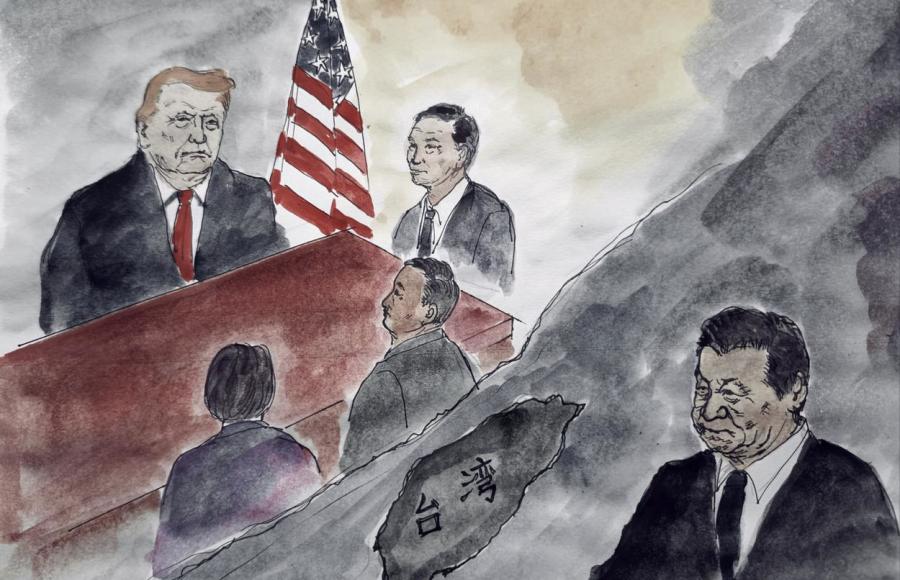

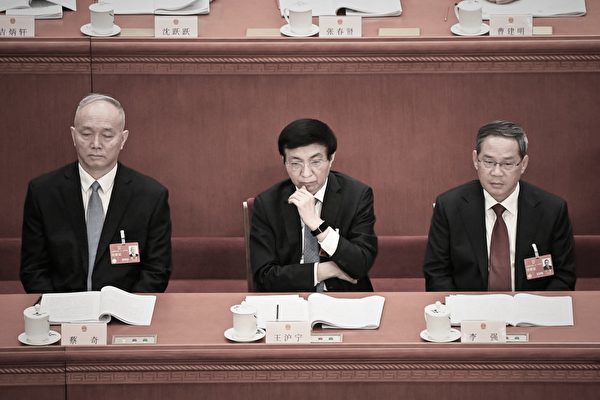
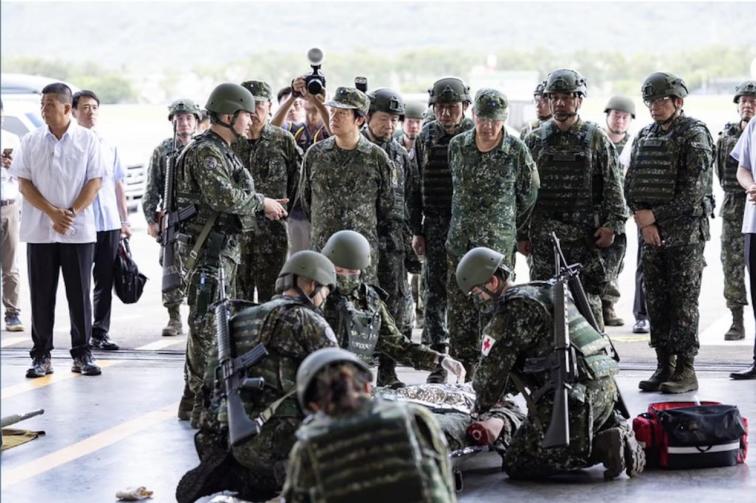
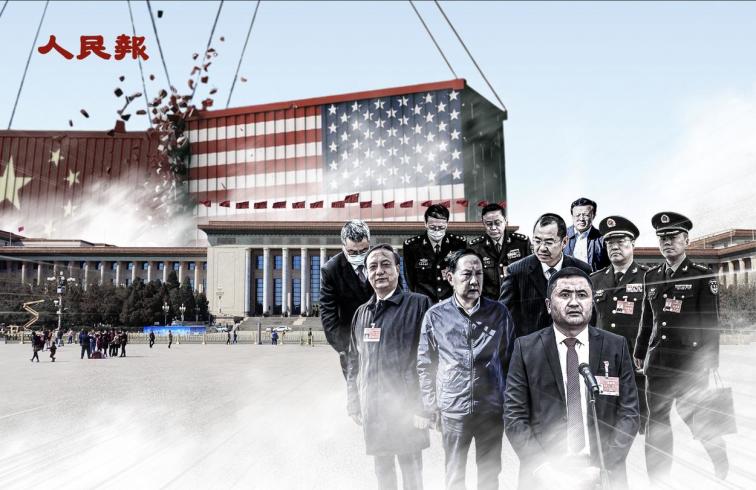
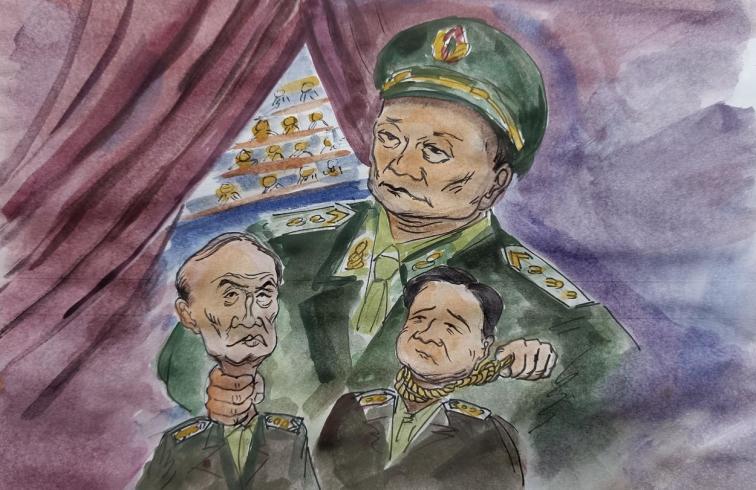
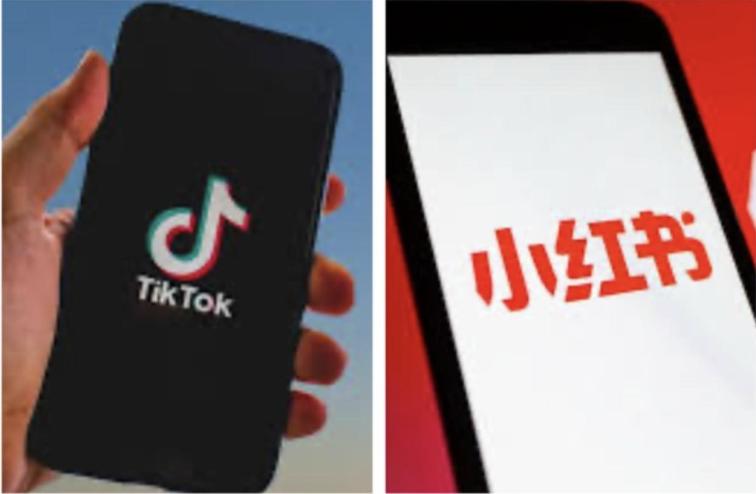
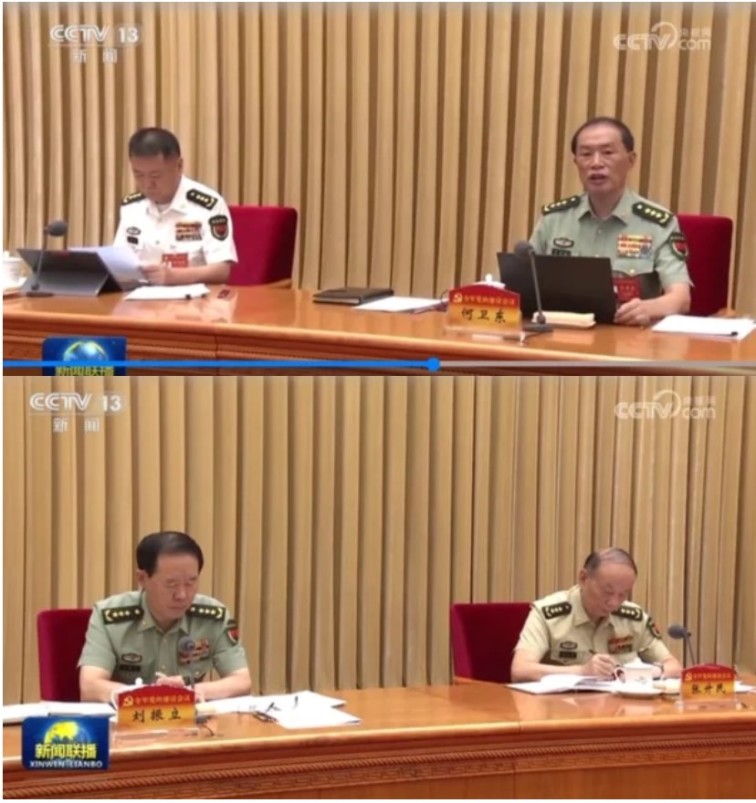
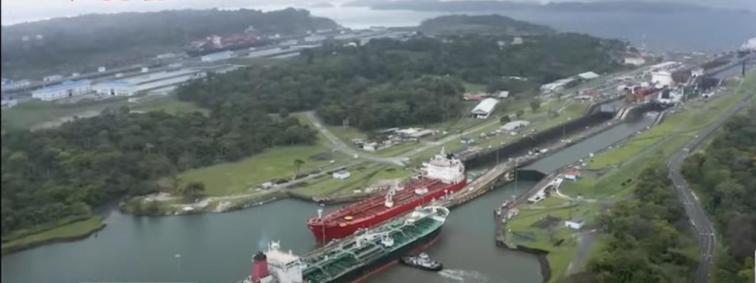

News magazine bootstrap themes!
I like this themes, fast loading and look profesional
Thank you Carlos!
You're welcome!
Please support me with give positive rating!
Yes Sure!